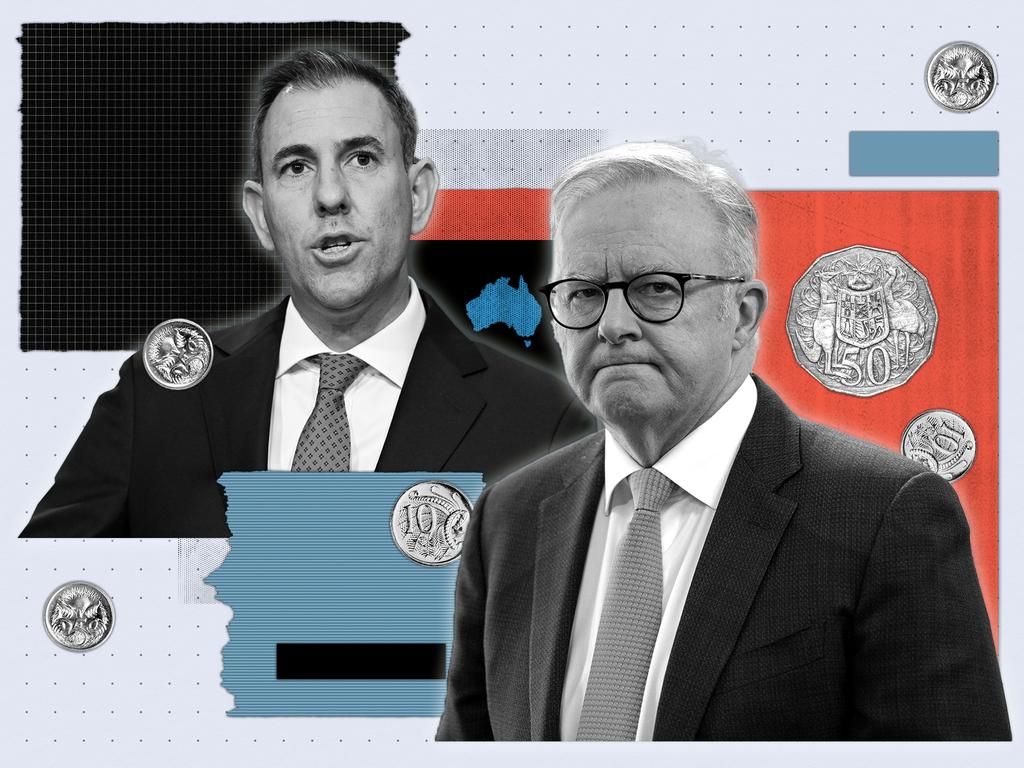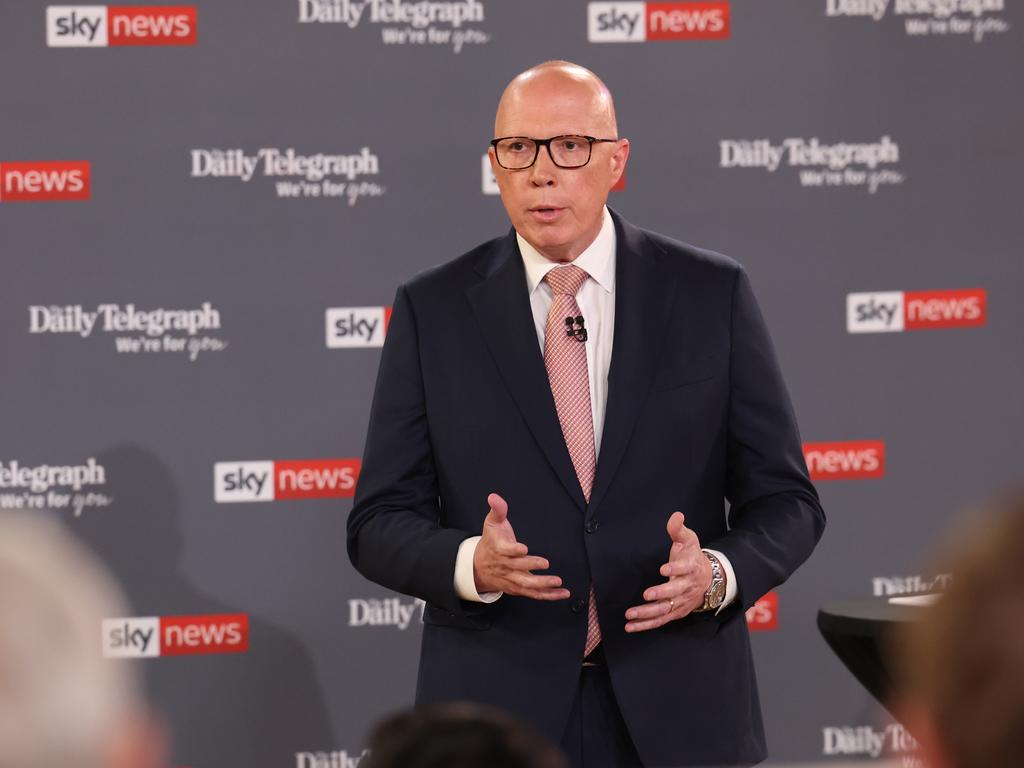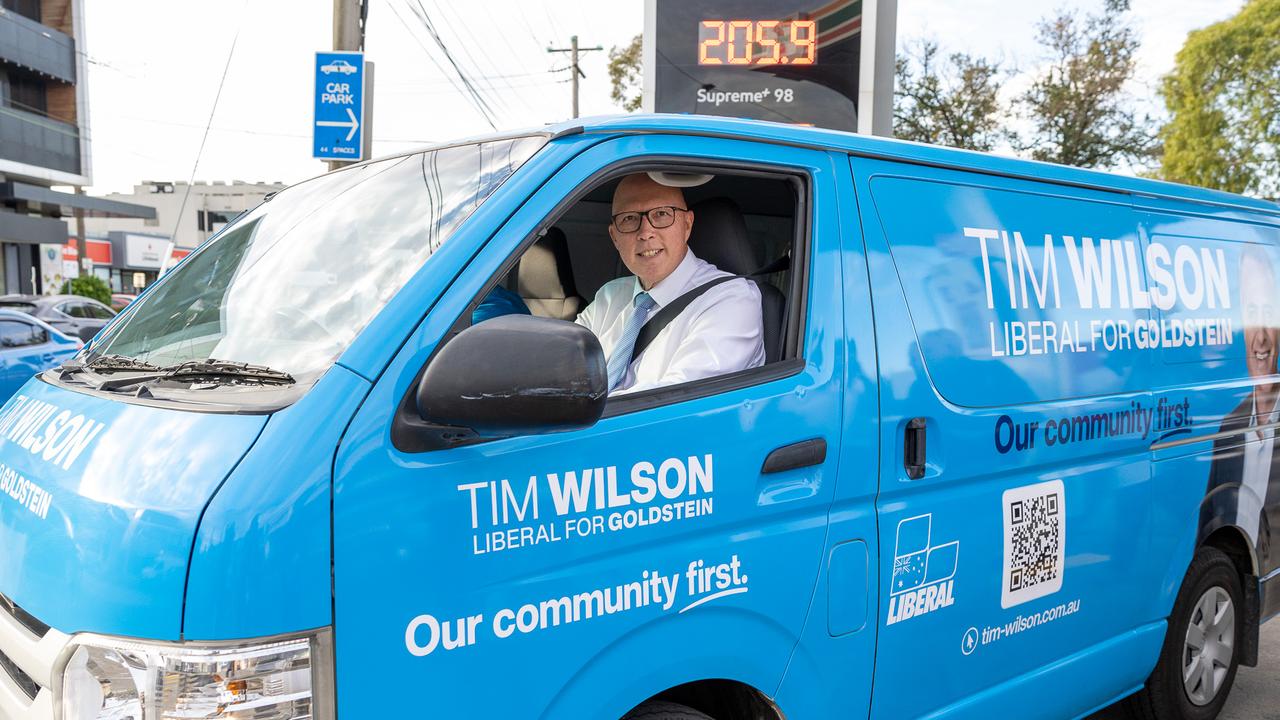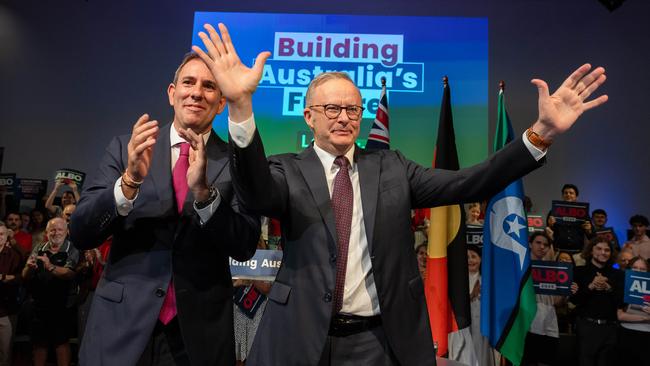
It was a normal phone call, sort of. The normal part being that it was the start of a workday and I was on the phone to one of my team. The bit where it strayed off-piste came after a standard question: Anything else you need from me while I have you? A short but heavily loaded silence followed.
Gem, will I still have a job? My response, as always, was honest. I don’t know, I told her softly. I just don’t know.
This conversation took place in 2020, I think it was around April. It was the start of the pandemic and we were all locked up like a bunch of chumps. I was still living in Western Australia, Australia’s hermit kingdom (I use this descriptor in love, calm down everyone), and as the owner of a specialist corporate communications firm I was desperately trying to understand what the pandemic would mean for us.
It was the first time ever, I think, that I couldn’t sleep, and believe me when I tell you that I can always sleep. I lay in bed night after night in those initial three to four months, mind spinning like an out-of-control Catherine wheel. Would my team still have their jobs? Would I? I know I wasn’t alone; so many businesses went to the wall.
This week I was thinking about that exchange, that time, not because of anything to do with the pandemic (good riddance and never again) but because of the upcoming election.
Some of you may not realise the immense privilege of these weekly conversations is not my day job. This July, I’ll have been in business for 22 years.
Before that I was in commercial television news in a senior role that exposed me to the realities of budgets, economies (local and national) and the real-world outworkings of policy cause and effect.
Apart from all of this pointing to the fact I’m seasoned enough to have seen a bunch of things, it also points to the fact people such as me have more real-world economic experience than the people running this country.
And that should make every voter wake up, sit up and pay attention, if they’re not already.
I am not convinced the Treasurer, armed with his PhD on Paul Keating (who, unlike Jim Chalmers, was a capable treasurer, one recession we “had to have” aside), has a clue about the small and medium enterprise sector. I don’t think he has a clue about any others, either, but this is a space in which I can say confidently I am more informed.
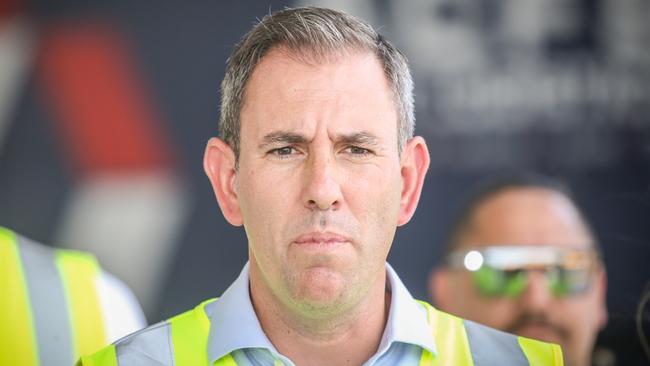
The SME sector accounts for 32 per cent of Australia’s GDP. We employ 5.1 million people. We seem to be nothing but a cash cow for the Australian Taxation Office and a headache for the government that neither listens nor understands.
Who in federal cabinet, who in this area of policy has ever been responsible for payroll? Who has ever had to navigate the increasingly complex suite of industrial laws in this country?
Who among them has ever had to deliver personally (and I mean not with a team of lackeys in the background presenting the work for sign-off) accurate forecasting of revenue and capacity, managing constantly increasing costs all the while? Pivot in a moment in response to changes in market conditions? Who has had to be personally accountable for anything, ever?
Anthony Albanese won’t wear the loss of the voice referendum. He won’t take responsibility for the modelling he promised would deliver us cheaper power. And this week Chalmers refused to apologise for the same broken promise. This is the Albanese-Chalmers version of accountability.
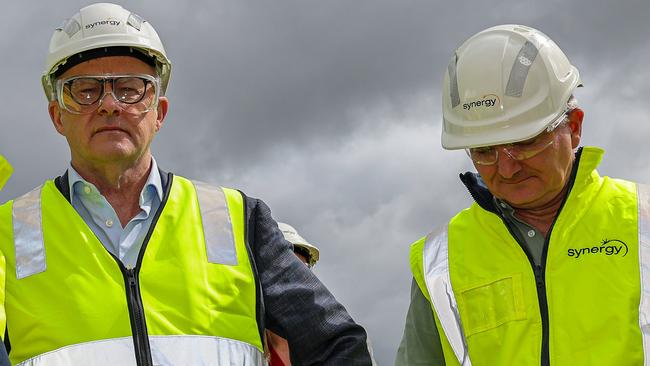
Back to this week, when I was caught up in a cloud of sorts, thinking about how terrifying that pandemic season was.
The pandemic-era failure of the Morrison government to introduce reform is a moot point. It wasted a good crisis. That government is gone; what it failed to do doesn’t count in the context of here and now. If good government and reform are for the greater good, and across the longer term, I’m afraid we are in a perilous place.
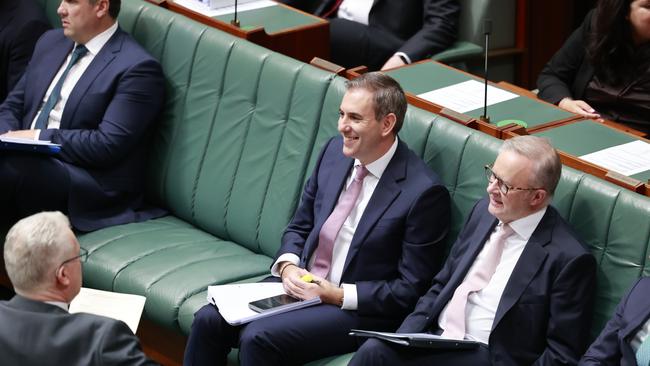
Let’s stop shillyshallying around with soft words and election rhetoric. This is the biggest-spending government in Australian history. It delivered in the last budget (the one I’m sure it was thrilled at having to dish up) a gross national debt of $1 trillion.
A trillion dollars of debt! That means one thing: deficits for decades; for generations.
So, this is why the lens through which I am viewing this election campaign is primarily one as a business owner, an employer; someone who is acutely aware I am responsible for the livelihoods of a dozen-odd other people. I don’t want the government to do my work for me, I am more than capable of that. I want it to get out of the way, to stop putting in roadblocks that inhibit our ability to thrive.
I want those in government to start acting like adults who understand leadership involves making hard decisions, not just writing cheques like a drunk lotto winner. Stop dishing up lowest common denominator, lazy policy that requires nothing in the way of hard decisions.
When is this government going to learn restraint, stop the incredibly reckless spending? When will it learn to live within its means, as every household must? As every business must. When will it pony up to hard decisions, such as trimming the bloated, inefficient public sector?
When will the government show the kind of leadership, discipline and character the rest of us have to have to ride the waves of life in the real economy and not get dumped? Is it capable? I feel like those in government need to do some work experience on a farm or in a retail business.

I could go into more granular measures, such as the government’s decision to effectively scrap the instant asset write-off rebate. This is a perfect example of what I’m talking about. Chalmers reduced it from $20,000 to $1000. What kind of asset can you buy for a thousand bucks? That wouldn’t even cover your average cabinet lunch.
Stung and no doubt shocked by the subsequent outcry, the government has temporarily reinstated the rebate for one more year only.
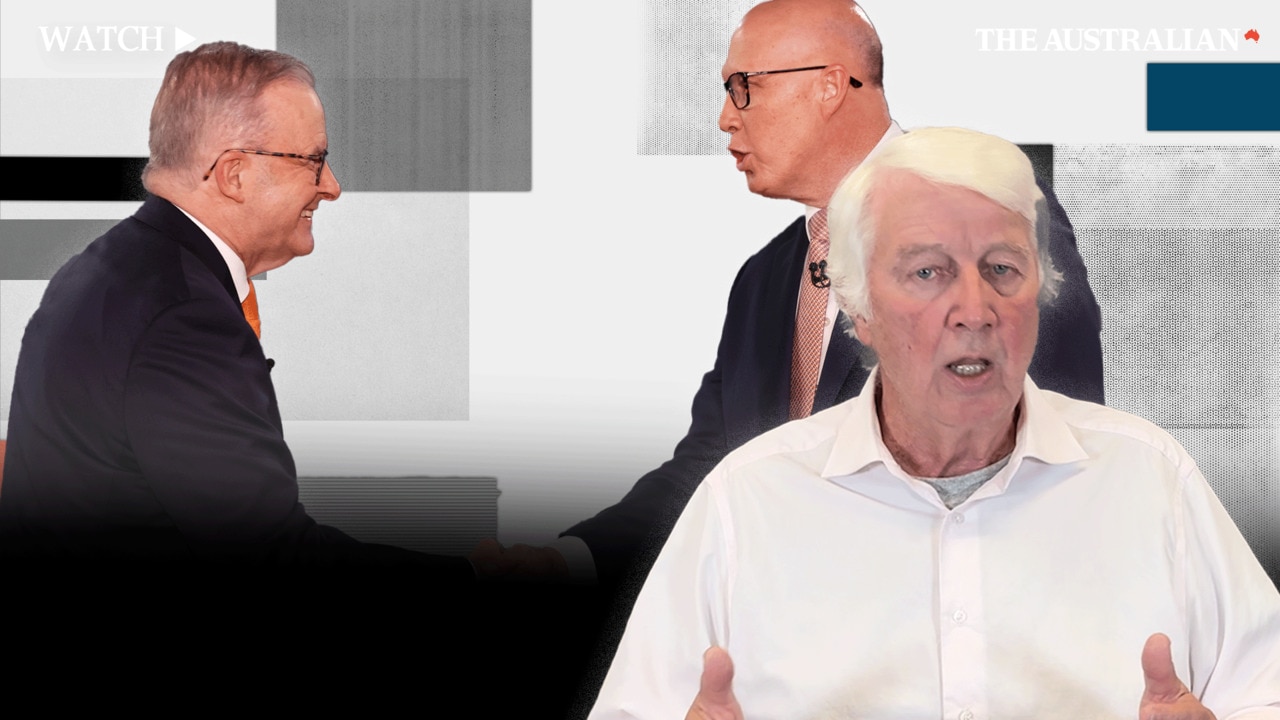
The Coalition will increase it to $30,000 and make it permanent. Peter Dutton, unlike the Prime Minister and Treasurer, had a long career in the real world before politics, and that included being in business. It shows.
I’m not sure what I find most disturbing: that the Treasurer seems to think a $5-a-week tax break that won’t come in for another 15 months is good policy, or that, more broadly, this government is trying to sell out future generations by saddling them with trillions of dollars of crippling national debt. Your kids and grandkids, my niece and nephew. This debt will follow them into old age without an aggressive policy correction I don’t think anyone believes Labor is capable of.
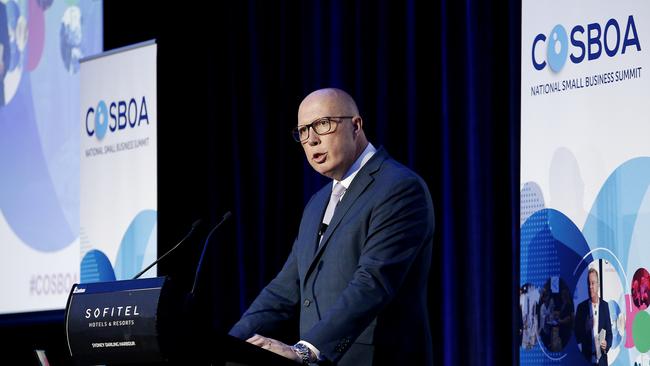
Everyone knows that lest a tree be pruned it will fail to flower. We survived the Covid era pruning. It was awful, but I didn’t have to fire anyone, we didn’t lose any clients and I expanded the business, opening a Sydney office at the end of 2020 (we can talk about timing another day). I moved to Sydney three years ago to continue to drive the company’s expansion, and am so humbly grateful to say we are thriving in every sense of the word.
So, when I’m looking at this election, yes of course I’m thinking like every other voter in the country in the sense that I want to know what’s in it for me.
More than that, though, the question every one of us should be asking – no, demanding answers to – is: What’s in it for all of us?


